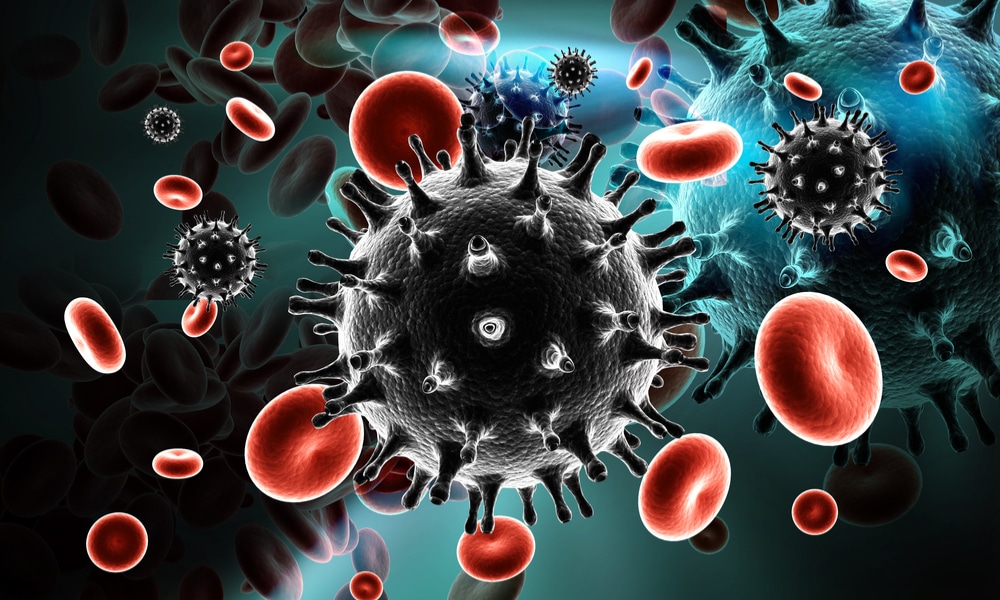An experimental HIV vaccine is set to start human trials in 2019.
A new HIV vaccine, which was based on an epitope discovered in 2016, is set to start human trials in the second half of next year. The vaccine successfully generated antibodies and neutralized several strains of HIV in mice, monkeys and guinea pigs.
On June 4, the discoveries were published in the medical journal Nature Medicine. Scientists from the National Institute of Allergy and Infectious Diseases (NIAID), which is part of the National Institutes of Health (NIH), lead the research team that discovered the vaccine.
Related | How HIV Increases the Risk of Dementia
“NIH scientists have used their detailed knowledge of the structure of HIV to find an unusual site of vulnerability on the virus and design a novel and potentially powerful vaccine,” said NIAID Director Anthony S. Fauci, M.D. “This elegant study is a potentially important step forward in the ongoing quest to develop a safe and effective HIV vaccine.”
The vaccine effectivity is relatively simple; scientists identify potent antibodies that might have a chance at neutralizing HIV, then, they attempt to extract those antibodies with a vaccine.
Related | 15 Most Common HIV Symptoms in Men
“Investigators engineered many immunogens, or proteins designed to activate an immune response, to create the vaccine, using the known structure of the fusion peptide,” explains Benjamin Adams in Plus Magazine. “The winning immunogen consisted of eight amino acids of the fusion peptide bonded to a carrier that generated a strong immune response. They also paired this immunogen with a replica of the HIV spike.”

“Investigators then tested different combinations of injections of the protein plus an HIV spike in mice and analyzed the antibodies that the vaccine regimens generated. The antibodies, as planned, attached to the HIV fusion peptide and neutralized up to 31 percent of viruses from a panel of 208 HIV strains from all around the world.”
The human trials of the new vaccine regimen are expected to begin in the second half of next year.







